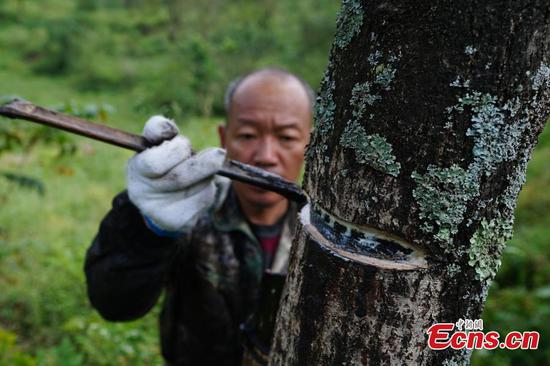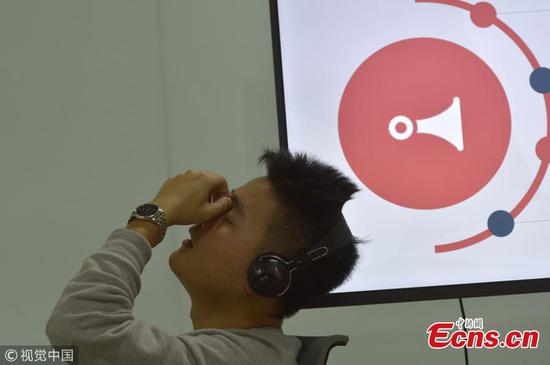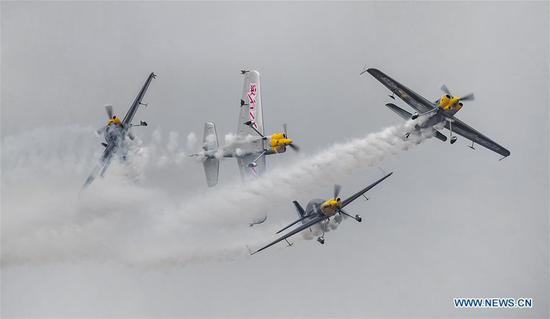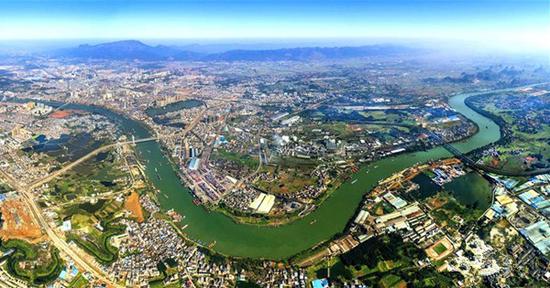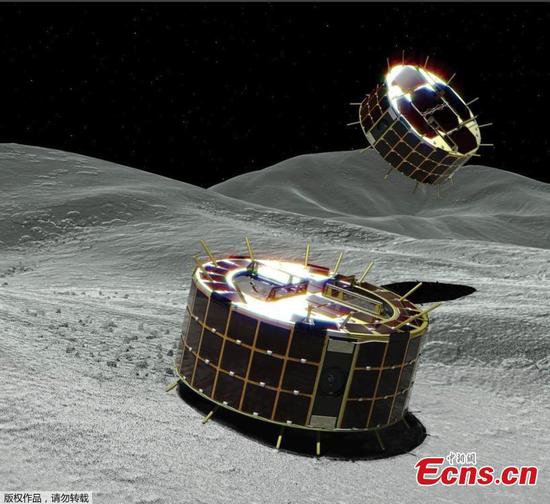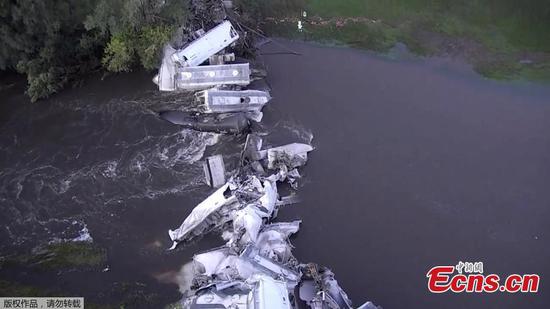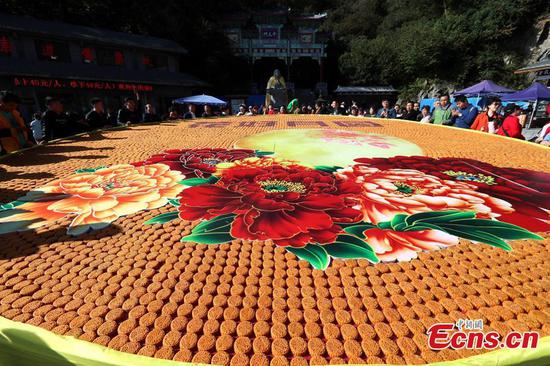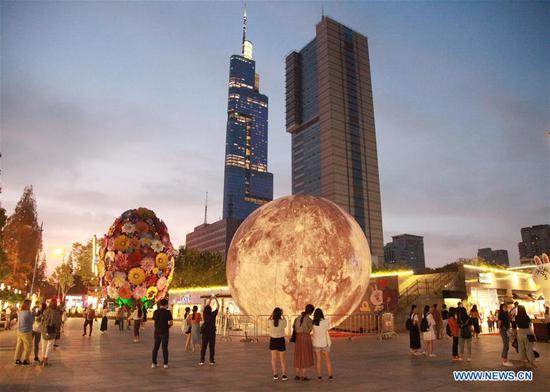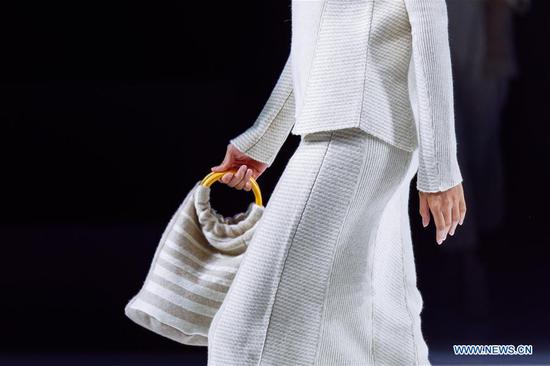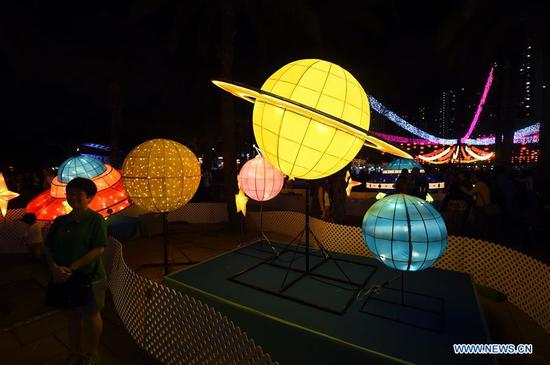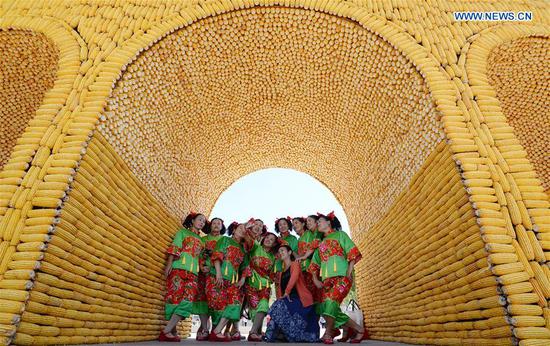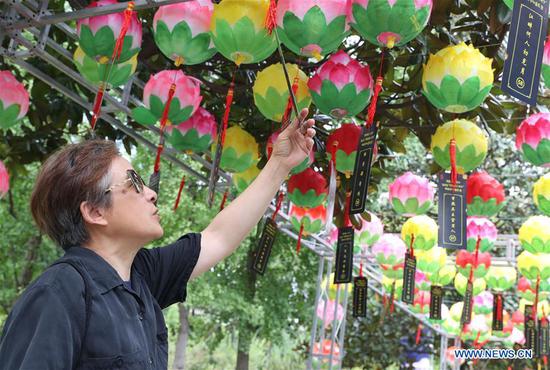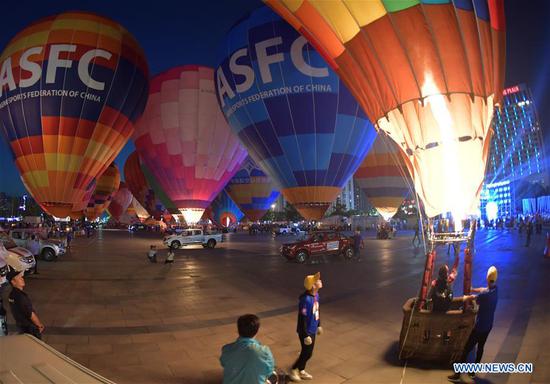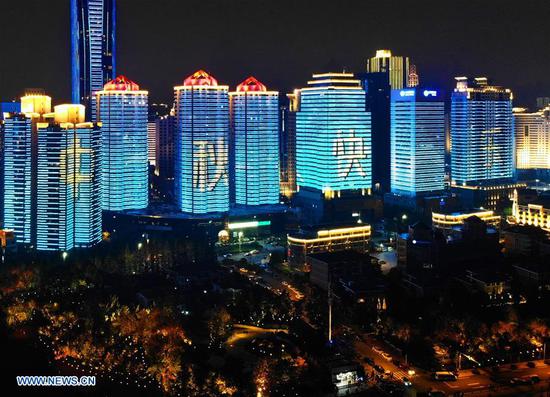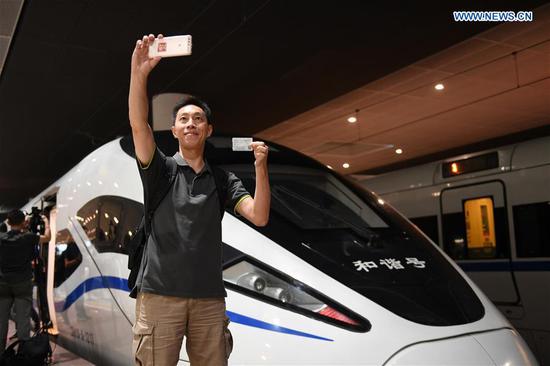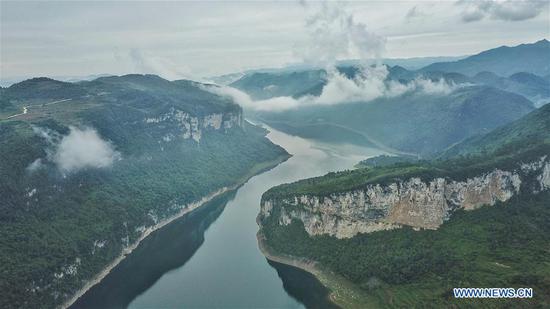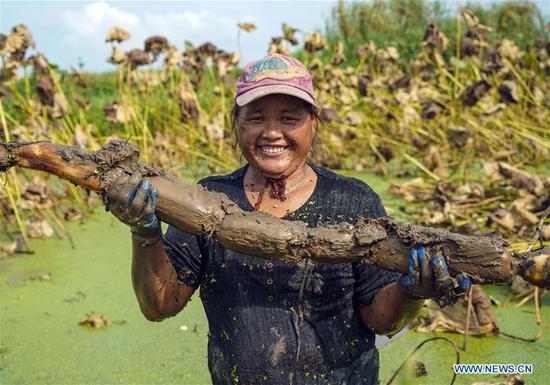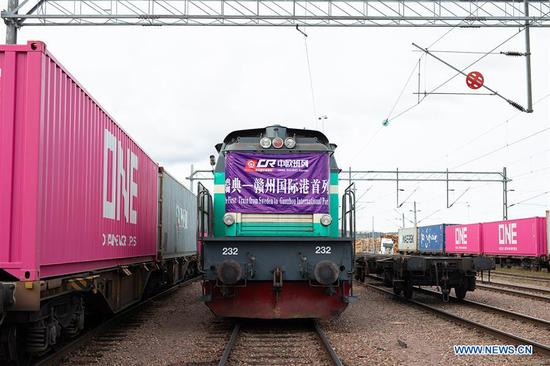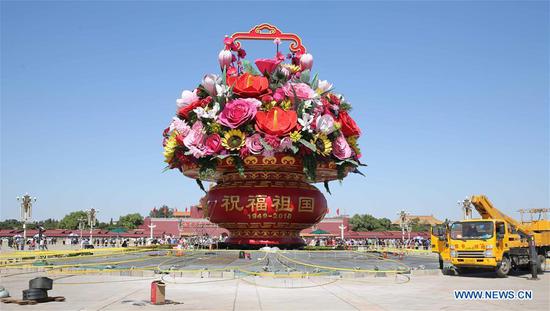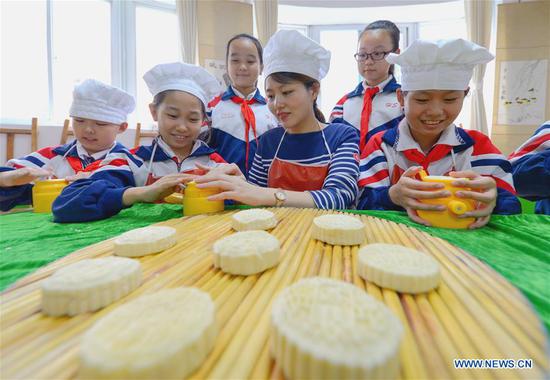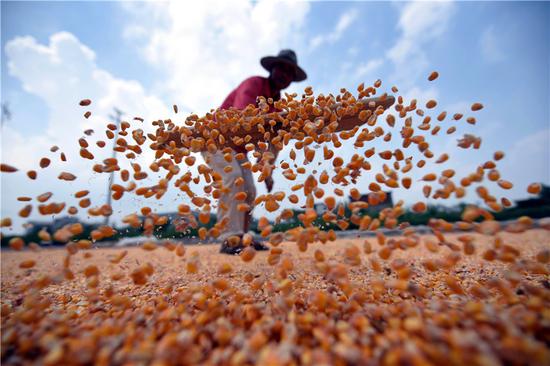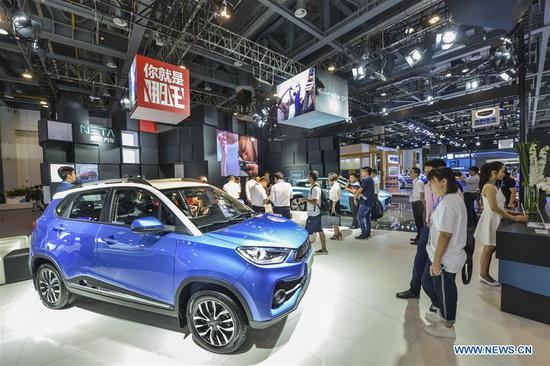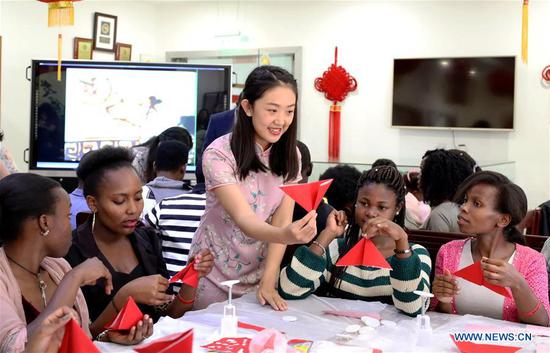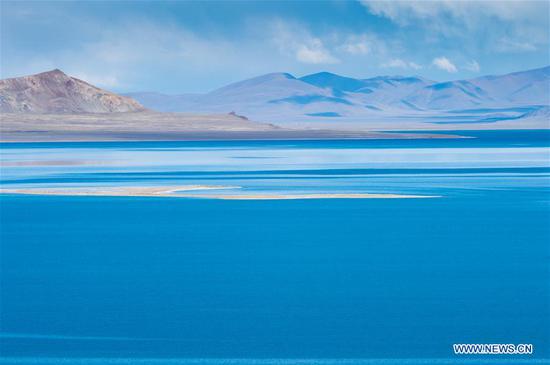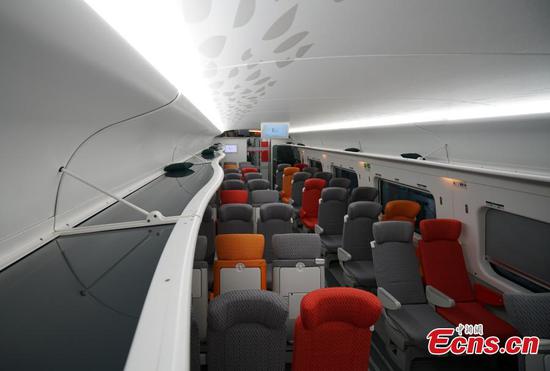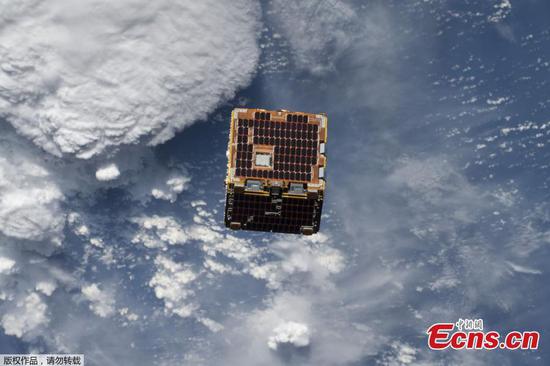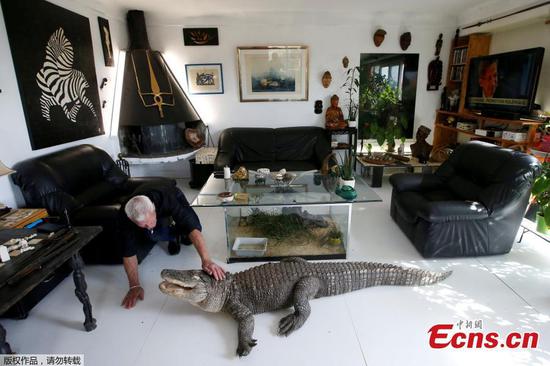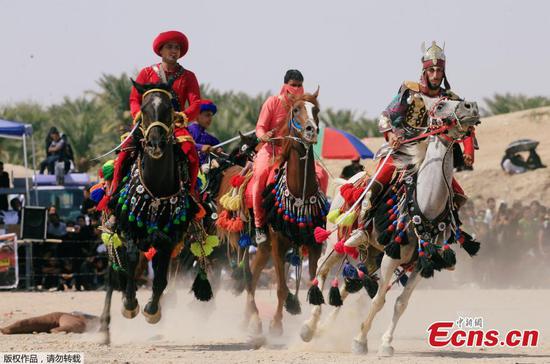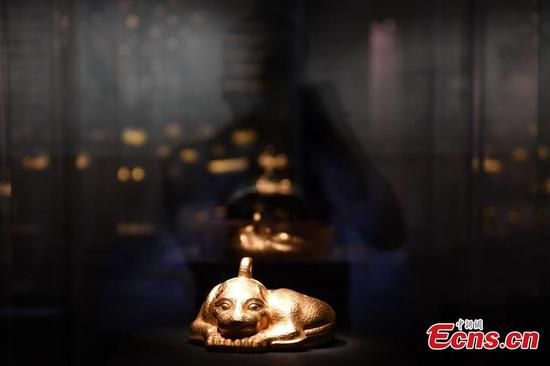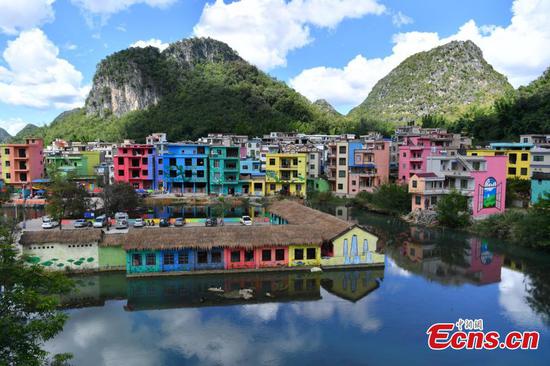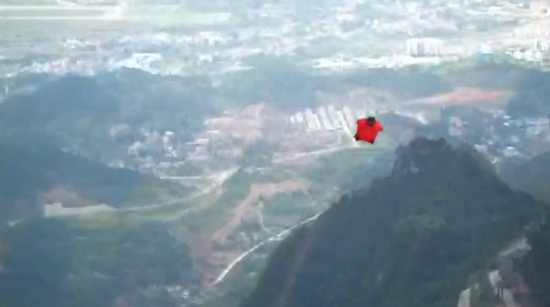Two months after Chinese President Xi Jinping paid a landmark visit to the United Arab Emirates (UAE), both sides have taken concrete steps to lift their ties to a comprehensive strategic partnership as agreed between Xi and the UAE leadership.
Xi paid a visit to the UAE in July, the first by a Chinese head of state in 29 years to the Arab state. The Chinese president and UAE Prime Minister Sheikh Mohamed bin Rashid Al Maktoum and Abu Dhabi Crown Prince Sheikh Mohammed bin Zayed Al Nahyan agreed that both countries will strengthen their in-depth cooperation in various fields, and promote continuous development of bilateral ties.
Consequently, a number of delegations from Chinese provinces and cities visited the UAE afterwards, while UAE entities traveled to conduct roadshows in China.
In August, an economic and trade delegation from Nanjing, capital of east China's Jiangsu Province, visited the UAE and met with government officials and representatives from trade associations, in order to boost trade between Nanjing and the UAE.
On Sept. 8, a memorandum of understanding was signed between the UAE financial free zone Abu Dhabi Global Market and the Beijing Financial Street Services Bureau, for "greater bilateral cooperation in areas including the development of financial centers in both countries, investment facilitation, joint research and closer exchange of information," the two sides said.
At the ongoing Light Middle East in Dubai, one of the biggest fair and exhibition for light technology and design in the region, exhibitors from China lead the list of top 10 exhibitors. "We've already exported our light technology to the United States and to Europe, and we regard Dubai as a hub to reach out to the Middle East and Africa. This is why we exhibit for the first time at Light Middle East," said Peter Zhao, commercial manager of CL Lighting from Shenzhen.
Chinese official statistics show that bilateral trade between the UAE and China reached 41 billion U.S. dollars in 2017, a 1.06-percent increase from the previous year. In 2017, Chinese visitors to the UAE surged to over 1 million.
The expansion of Sino-Emirati ties is also reflected in the deepening of cultural bonds between the two countries.
On Aug. 26, Dubai-based Chinese businessman Ninghai Ma announced the launch of the "1% Drive Master UAE to China," a tour by 30 Emirati and Chinese drivers who will drive this autumn all the way from Dubai to Xi'an, capital of China's Shaanxi Province.
Atiq Hassan Mubarak, director-general of Emirates Motor Sport Federation, said the upcoming trip underlines the UAE's support for the China-proposed Belt and Road Initiative and will foster friendship between the two peoples.
Earlier in the month, a delegation of the Department of Culture and Tourism of Abu Dhabi (DCT Abu Dhabi) traveled to China's Shanghai, Shenzhen and Kunming for a five-day trip to promote the UAE capital as a tourism destination.
Form January to August, China remained as Abu Dhabi's number one tourist source market.
Earlier on Monday, UAE's biggest developer Emaar Properties launched celebrations in Dubai to mark the Chinese Mid-Autumn Festival and the "Golden Week" observed during the first week of October by offering Chinese investors a value proposition with a "Golden Month Offer" until Oct. 24, 2018.
Chinese buyers of most Emaar residential properties in Dubai will receive 50 percent off on registration fees and can enjoy a three-year post-handover payment plan, said Emaar, the developer behind the world's tallest tower Burj Khalifa.
In January, the UAE became the 11th country to have mutual visa exemptions with China for ordinary passport holders.
More than 200,000 Chinese nationals live in the UAE, and 4,000 Chinese firms run branches and operations in the Gulf Arab state.










